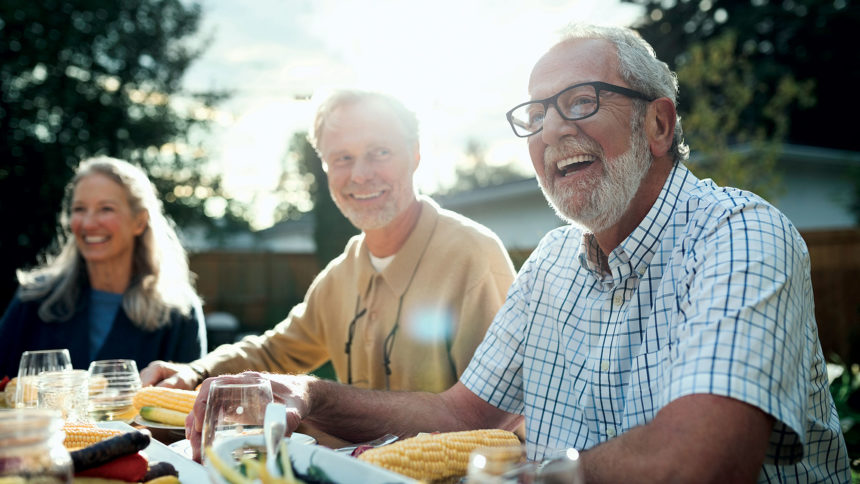
Three industry experts are fighting stereotypes of the senior living experience by using the voices of residents and family members to dispel myths.
Activated Insights CEO Jacquelyn Kung, DrPH, MBA, author Ed Frauenheim and Robert Kramer, founder of Nexus Insights and former CEO of the National Investment Center for Seniors Housing & Care, wrote an opinion piece in the Dallas Morning News highlighting the positivity emanating from older adults in senior living communities.
“The stereotype of isolated, forlorn elders belies recent surveys of older adults in senior living settings,” they wrote.
According to a new 64,000-person survey from software firm Activated Insights, just 20% of senior living residents report feeling “severely lonely.” The survey, Kung told McKnight’s Senior Living, reveals a potential decline in loneliness among older adults in assisted living and other congregate living settings from before the pandemic. In 2018, studies indicated 19% to 29% of senior housing residents were found to be severely lonely.
“When we saw the data, we thought, ‘We need to get this out there, because our industry is doing such good work and the media doesn’t recognize it,’” Kung said.
Kramer told McKnight’s Senior Living that the data showed a “contrarian message to what’s commonly perceived, i.e., the woeful state of seniors trapped in senior living communities.” And that message is coming from the residents themselves as well as their family members.
“In fact, a large percentage of seniors in our communities are not lonely,” Kramer said. “The common perceptions — they’re wrong, ageist and miss the hopefulness of seniors in their finding a sense of community, even in the midst of the pandemic.”
The issue is that during the pandemic, narratives of “we wish we moved in sooner” were replaced by “horrible perceptions of senior living,” and that senior living communities were “infection farms” that ought to be closed, Kramer said.
A key lesson from the data, they said, is the “power of community, friendship and gratitude.”
Older adults in the survey expressed gratitude, both for the sense of belonging they experienced and for the care they received from staff members in their communities. Before the pandemic, 20% or fewer responses mentioned belonging and community, feeling safe or appreciating staff as the best thing about their senior living community. This year, 60% to 70% of “best thing” comments mentioned those themes.
“Seniors in congregate settings, who in some ways bore the brunt of the pandemic, offer guidance for a brighter path forward,” the three wrote. “Far from feeling fearful, sad and isolated, many of them are showing us how to live more fully than ever.”
Kramer said that the message is one that in the past has been seen during war and national emergencies, when people bond and form communities around a common threat and a common need.
“The one group we don’t expect it from at all are older adults in senior living communities — but they are, and they are demonstrating it,” Kramer said. “We’re not saying there aren’t seniors who are severely lonely in senior living, but the broader point is that we generalize that they are all desperately lonely, desperately not connected — and that the setting is to blame.”




